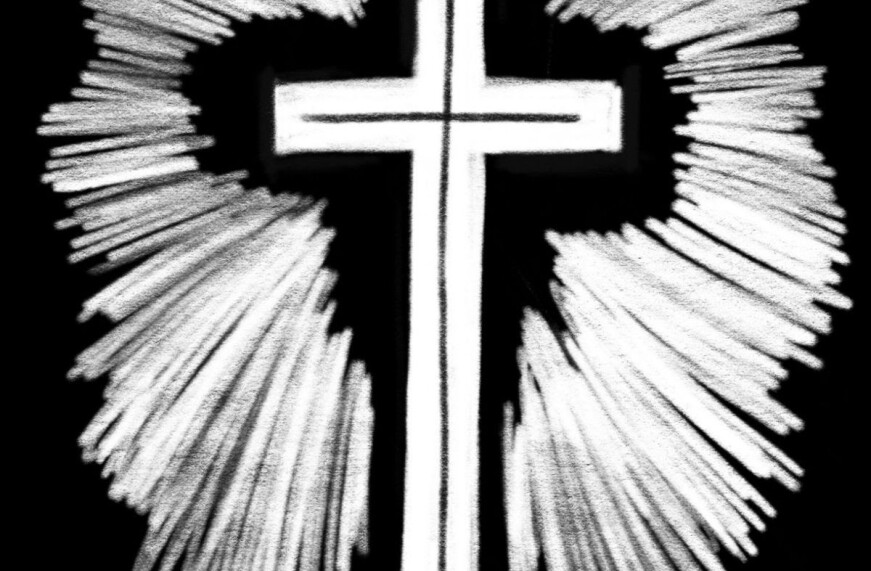You can listen to the reading and reflection by clicking here.
Job 19:21-27
Have pity on me, have pity on me, O you my friends,
for the hand of God has touched me!
Why do you, like God, pursue me,
never satisfied with my flesh?
‘O that my words were written down!
O that they were inscribed in a book!
O that with an iron pen and with lead
they were engraved on a rock for ever!
For I know that my Redeemer* lives,
and that at the last he* will stand upon the earth;*
and after my skin has been thus destroyed,
then in* my flesh I shall see God,*
whom I shall see on my side,*
and my eyes shall behold, and not another.
My heart faints within me!
Oh how much I like reading Job. My response to him is always so deep hearted, my skin crawls with the sense of injustice – I feel right there with him. I’m guessing many of us have had Job moments at some point in our lives, and possibly in the last year. Why oh why God are all these calamities befalling me? It’s really easy to get stuck in a cycle of retribution theology – that is, if I’m good, then only good things happen to me, and if I am experiencing difficulty or am suffering, then God is punishing me. No matter how much we hear or read that God does not work this way, we can’t shake our attachment to this idea that God rewards us and punishes us based on our behavior. I think it is because it is too overwhelming to think that many things happen randomly and that we are not in full control, no matter how much we convince ourselves that we are.
I also really identify with Job because he is so indignant, so angry, so upset by the injustice of what he has experienced and the lack of help he’s getting from his friends and from God. He wants to write his experience down with an iron pen on a rock so that an account of his suffering will be around forever…and his account is still around and yet his suffering had an end. His suffering had an end and then what when his suffering ends? Has he changed? What will he remember of his experience if anything?
In this moment in time when I have so little control and I am desiring for COVID to be over I am so in it and I know I have so many thoughts like: I like that our family is not overscheduled; I like eating dinner together every night; I like my neighbors so much and having time to talk to them on the street; I miss taking the subway; I can make do with so much less than I thought I could; I need my friends more than I remembered and I don’t need to schedule a time to talk to them; I can be resilient even when I think I can’t be, and so on… but what about this time next year? Will I have forgotten what I have learned about myself this year? Or will I be like Job? This time will end and a new period of my life will begin without much thought of what I, what we, have been through? I’ve read that this is what happened after the 1918 flu to the point where there are only a handful of novels written about the theme and those were written in the 1930’s. I hope I’ll hold onto this experience in its totality, writing this on my heart and not on stone, so that it becomes a part of me.
God hasn’t punished me this past year – the chaos of life has swirled something fierce and I have learned from it – that God is always with me, even in my darkest moments and there is much to have learned this year to hold onto in the years to come.

